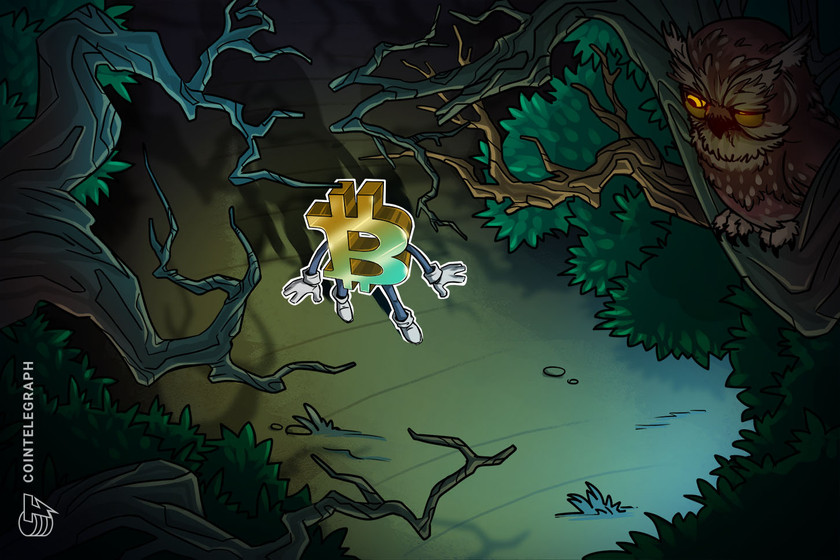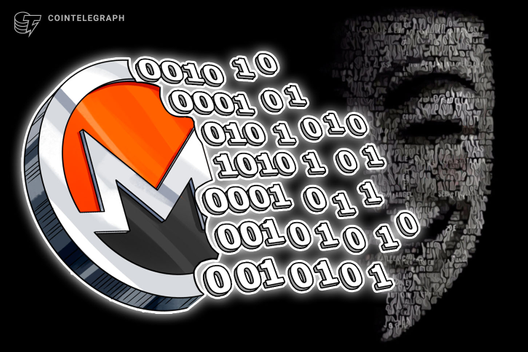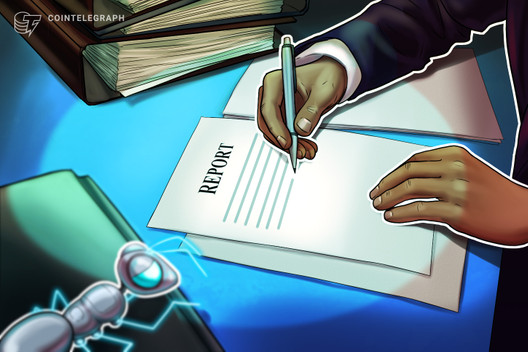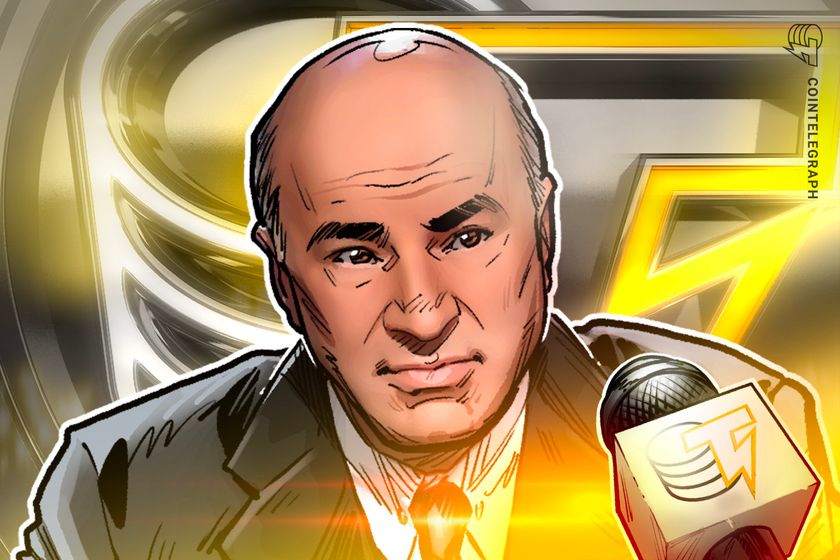Russian government-backed corporation Rostec intends to cut spendings on the blockchain development in the country by at least 50%.
According to Rostec’s roadmap, the organization is planning to spend 28.4 billion rubles ($453.2 million) on the development of blockchain technologies in Russia by 2024, instead of initial 55 billion ($877.8 million) to 85 billion rubles ($1.3 billion). The news was reported by domestic news outlet Kommersant on Jan. 27.
The corporation detailed that the introduction of blockchain tech into the product labeling system will require 650 million rubles ($10.3 million), into healthcare system 1.17 billion rubles ($18.6 million), of which 575 million rubles ($9.1 million) will be allocated to the tracking system of counterfeit and pharmaceuticals consumption. The implementation of blockchain in the housing and utility services will ostensibly require 475 million rubles ($7.5 million).
Revision of blockchain’s potential effect on economy
Rostec has revised their assessment of the potential direct and indirect economic effect of blockchain development in the country, whereas earlier versions of the roadmap suggested significantly larger investments in the technology. The downgraded forecast of the economic effect is ostensibly connected to the change in the macroeconomic situation.
Rostec’s spokesperson stipulated that currently there is a change in the perception of the technology, “a self-cleaning of the market from copy projects that do not have a development strategy and a certain market niche,” while the Russian market in these conditions is developing most smoothly and is choosing the path of “less risky development.”
The corporation has sent the document to the Ministry of Communications and the Analytical Center for the government of Russia for approval.
Russia’s turn to blockchain
Worth noting, the move comes in the wake of the appointment of the new Prime Minister of the Russian Federation, Mikhail Mishustin, who called on the country to prioritize development of the digital economy.
In the meantime, Russia has implemented a number of blockchain projects in various sectors. Last December, Russia’s national energy grid operator Rosetti began testing a blockchain solution for payments in the retail electricity sector. The project aims to automate and make transactions between energy producers, suppliers and consumers more transparent.
The country’s mining and smelting giant Nornickel also commenced testing its platform for digital metal tokens in collaboration with physical commodities trading group Trafigura Group Ltd., metals finance and logistics firm Traxys SA and materials technology and recycling group Umicore SA.









